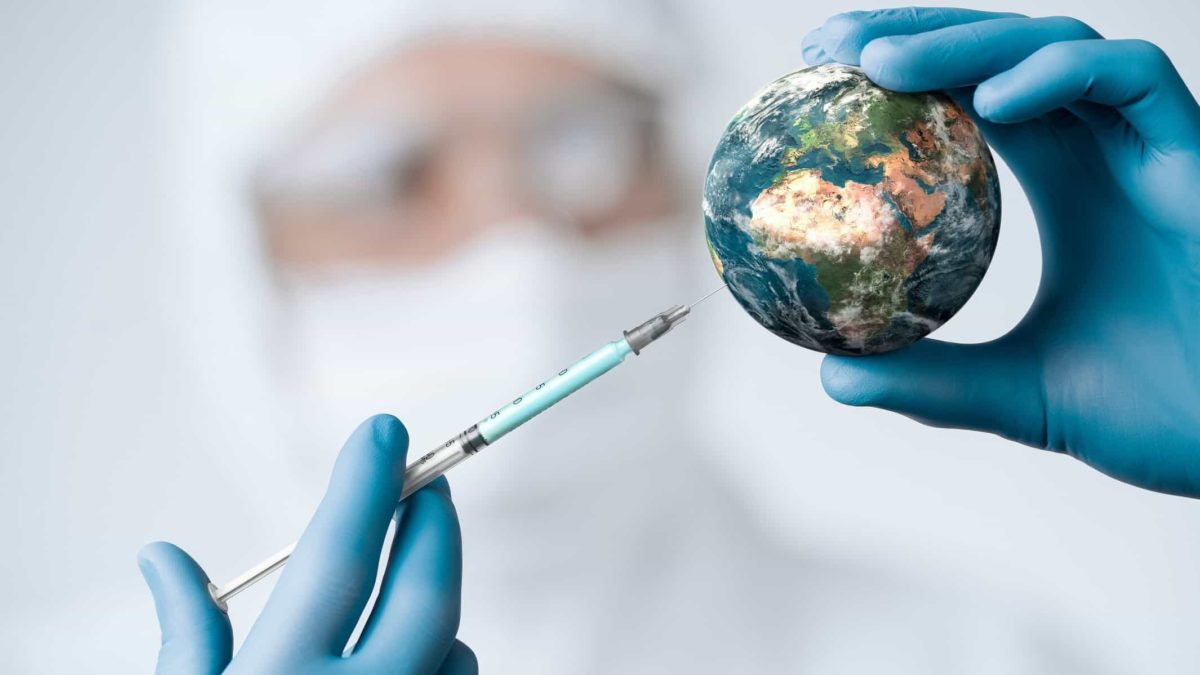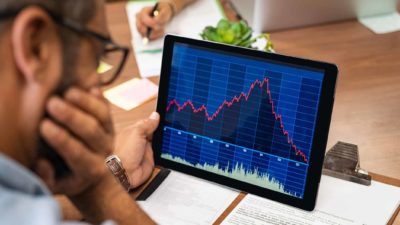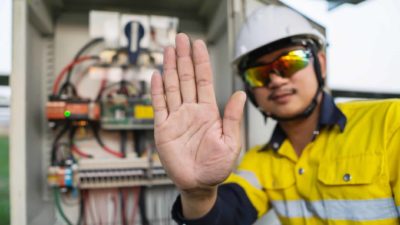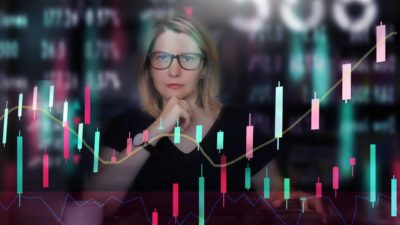The Covid-19 pandemic, for most people on the planet, will be the biggest global event they will experience in their lives.
The virus has so far infected more than 21.5 million and killed 770,000 people around the world.
However, the S&P/ASX 200 Index (ASX: XJO) has risen by more than 33% since the height of the initial panic in March.
So how can the share market be so optimistic?
BetaShares chief economist David Bassanese told The Motley Fool that's because investors are assuming a coronavirus vaccine would become available.
"It's fair to say markets are counting heavily on a vaccine being available by at least early next year," he said.
"We just need to look at earnings expectations by way of example – while they were revised down strongly in the immediate aftermath of the lockdowns in March and April, they have held up more recently. At present, markets are counting on only a relatively moderate decline in profits this year, and a recovery back to 2019 levels in 2021."
But finance professionals and investors are not medical experts.
Humans have never been able to create a vaccine for the common cold and influenza. So what makes shareholders so confident that one will be created for Covid-19?
What will happen to share markets if a Covid-19 vaccine never comes?
The fact that current share prices have been inflated with the expectation of a Covid-19 vaccine makes the alternative scary.
"If there's no vaccine we really face the prospect of an extended period of social distancing and even repeat lockdown cycles until such time as so-called 'herd immunity' has been built through each country," said Bassanese.
And the trouble for equities is that continued restrictions smash confidence. Lower the confidence, lower the consumer spending, which leads to lower sales for public companies.
"This would crush hopes of a V-shaped economic recovery, and suggest corporate earnings have a lot further to fall."
A drop in share prices would then be inevitable as it dawns on the market that a vaccine is not coming.
"While we'd likely see more monetary stimulus at this point, it's hard to imagine the equity market could continue to 'look through' a more extended period of earnings weakness without some downward adjustment in prices."
A spokesperson for Vanguard Australia told The Motley Fool that regardless of what happens with a vaccine, markets will be volatile at times.
"This can be unsettling for some investors. However, we always caution investors to expect share market fluctuations, and history shows they are better served by tuning out the market noise and sticking to a disciplined investment plan with diversification across a range of asset classes."
Even if a vaccine comes, it'll take years to produce and distribute
Russia has, to global scepticism, has already declared it has a vaccine.
But even when such a solution comes, years will fly by while enough quantity is produced then distributed to all parts of the globe.
"It has been estimated that to achieve sufficient levels of immunity among the global population with a two-dose vaccine, we would need between 12 billion and 15 billion doses – roughly twice the world's current total vaccine manufacturing capacity," University of Sydney associate professor Adam Kamradt-Scott told The Conversation.
"With the marked reduction in international passenger air travel, the movement of cargo has also slowed. This will need to be addressed with airlines ahead of any attempts to distribute the vaccine."









